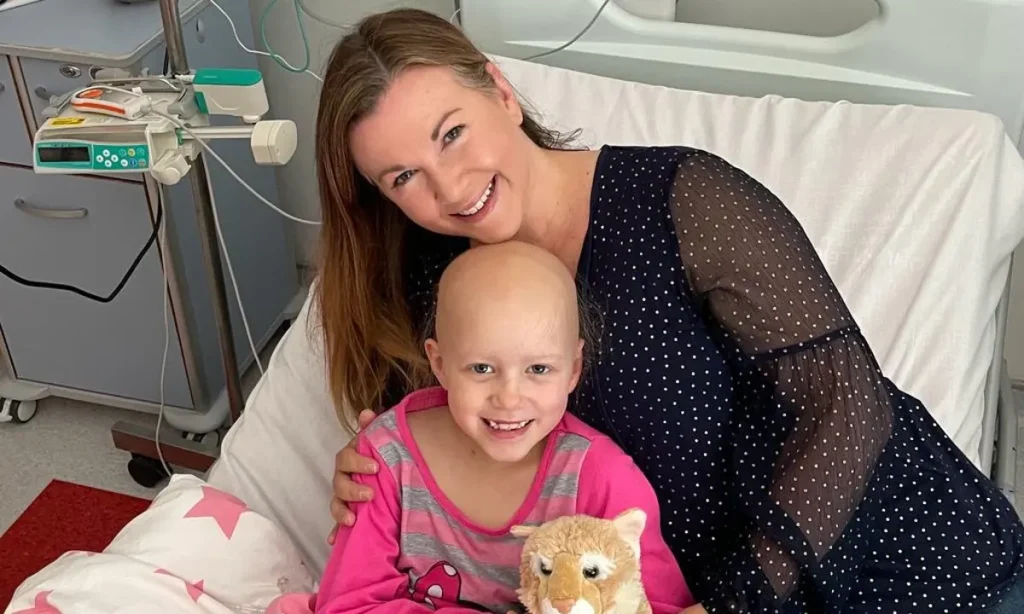Parenthood is a journey filled with joy, but it also comes with its share of uncertainties, especially when it comes to infant emergencies. From minor mishaps to more serious situations, every parent should know how to respond effectively. So, this comprehensive guide will explore some common infant emergencies and offer essential insights on what every parent should know, including the importance of a baby first aid course. Consider it your crash course in baby first aid.
Understanding the Importance of Baby First Aid Courses
Parenthood often involves being prepared for the unexpected. While no one wants to imagine their little one in distress, knowing how to respond in emergencies can make all the difference. As such, enrolling in a baby first aid course is an excellent way to gain confidence in handling various situations, from minor scrapes to more serious incidents.
Choking Incidents
One of the most frightening scenarios for parents is when their baby chokes. Infants are naturally curious and often explore the world by putting objects in their mouths. This can sometimes lead to choking on small items or even food.
What to Do:
- Stay calm and assess the situation.
- If the baby can cough forcefully, let them try to clear the blockage on their own.
- If the baby can’t cough or breathe, call emergency services immediately.
- Administer back blows and chest thrusts gently if you are trained in infant CPR.
Fever and Febrile Seizures
Fever in infants can be concerning, and in some cases, it can lead to febrile seizures. These seizures can be alarming but are usually not harmful in the long term.
What to Do:
- Keep a cool head and try to reduce the fever by removing excess clothing or using a lukewarm bath.
- Ensure the baby is lying on their side to prevent choking on vomit.
- Time the seizure, and if it lasts longer than five minutes, seek immediate medical attention.
Burns and Scalds
Accidents happen, and sometimes infants may get burns or scalds from hot liquids, objects, or surfaces.
What to Do:
- Run cool (not cold) water over the affected area for at least ten minutes.
- Cover the burn with a clean, non-stick bandage or cloth.
- You must immediately seek medical attention in case the burn is severe or covers a large area.
Poisoning
As infants explore their surroundings, they may ingest substances that are harmful. As such, it’s crucial to be vigilant about keeping potentially toxic substances out of their reach.
What to Do:
- If you suspect poisoning, call your local poison control centre or emergency services immediately.
- Keep the substance’s container nearby for reference.
- You must not induce vomiting unless directed by medical professionals.
Breathing Problems
Infants can sometimes experience breathing difficulties due to respiratory infections or allergies.
What to Do:
- Stay with your baby and monitor their breathing.
- If the baby’s lips turn blue or their breathing becomes laboured, seek immediate medical assistance.
- Perform infant CPR if the baby stops breathing, and you are trained to do so.
Cuts and Scrapes
Everyday play can result in minor cuts and scrapes for infants. While these may seem trivial, handling them properly is essential to prevent infection.
What to Do:
- You may gently clean the wound with mild soap and water.
- Now, apply an antibiotic ointment and cover the area with a sterile bandage.
- Also, watch for signs of infection, such as redness, swelling, or pus.
Conclusion
No one wants to imagine their baby in an emergency, but being prepared is the best way to ensure their safety. As such, enrolling in a baby first aid course can provide you with invaluable skills and knowledge to handle common infant emergencies confidently. Remember that staying calm and knowing the appropriate steps to take can make all the difference in ensuring your little one’s well-being. Parenthood is a journey filled with ups and downs, and being prepared for the unexpected is just one way to ensure your child’s health and happiness.

